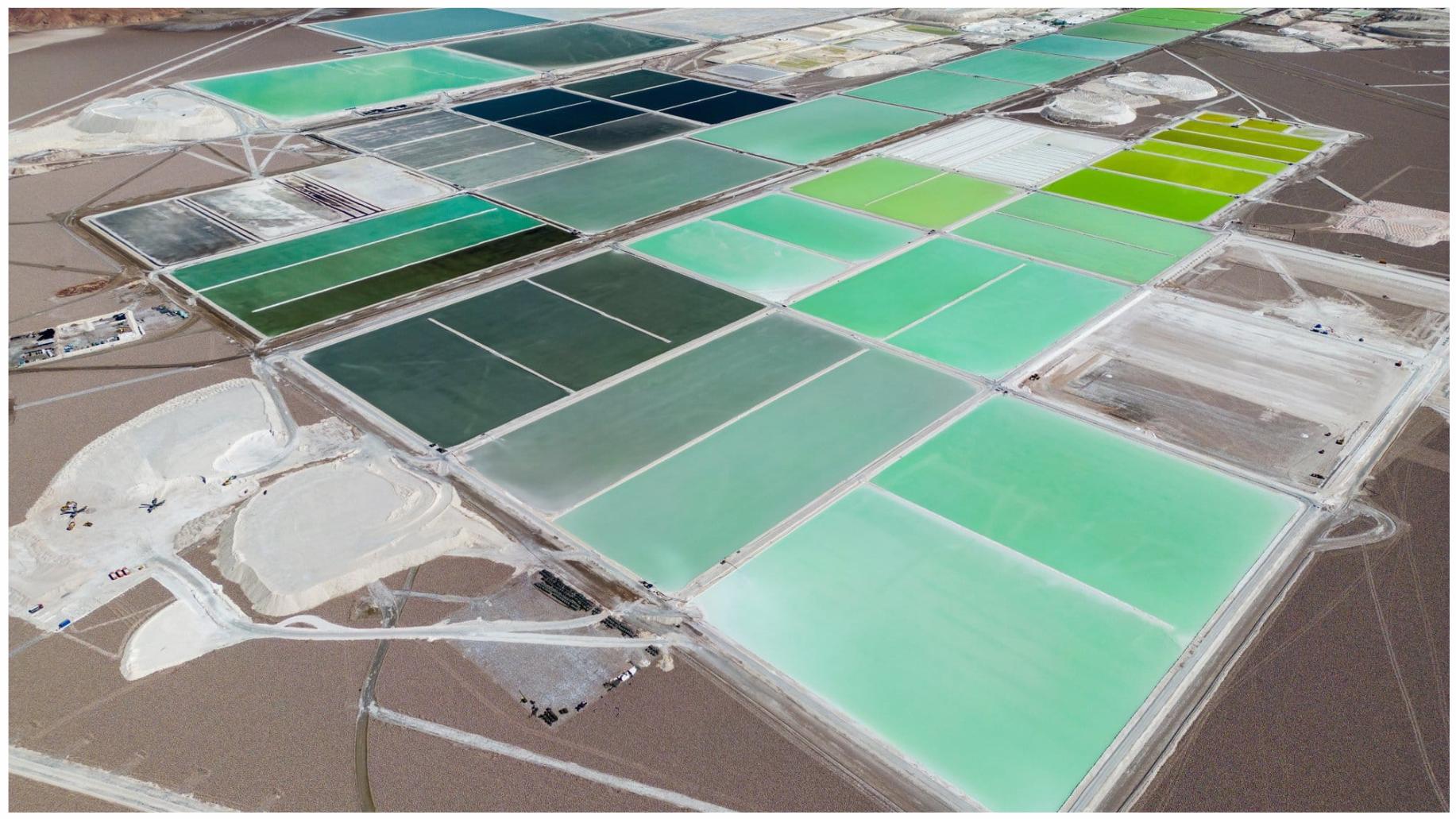
How Does Lithium Mining Compare to Oil Extraction in Environmental Impact?
The comparison between lithium mining and oil extraction raises significant questions about environmental impacts. While both processes have detrimental effects, lithium mining is often viewed as necessary for a sustainable future. However, it also presents serious ecological challenges, including water usage and pollution, making it essential to evaluate these impacts critically.
What are the environmental consequences of lithium mining compared to oil extraction?
Lithium mining has notable environmental consequences, including habitat destruction, water depletion, and soil contamination. In contrast, oil extraction leads to oil spills, air pollution, and greenhouse gas emissions. While both practices harm ecosystems, fossil fuel extraction generally has a broader and more immediate impact on climate change due to greenhouse gas emissions associated with burning fossil fuels.Chart: Environmental Impact Comparison
| Impact Type | Lithium Mining | Oil Extraction |
|---|---|---|
| Habitat Destruction | Moderate | High |
| Water Pollution | High (due to brine) | High (spills and runoff) |
| Greenhouse Gas Emissions | Moderate (during extraction) | High (burning fossil fuels) |
How does lithium mining affect local communities and ecosystems?
Lithium mining often disrupts local communities, particularly indigenous populations in regions like South America. The diversion of water resources for mining operations can lead to water scarcity for local residents and wildlife. Additionally, toxic chemicals used in extraction can contaminate local water supplies, posing health risks.Chart: Community Impact Overview
| Community Impact | Lithium Mining | Oil Extraction |
|---|---|---|
| Water Availability | Decreased | Variable (depends on location) |
| Health Risks | High due to contamination | High (air pollution) |
| Displacement | Common | Common |
Why is lithium mining considered necessary for the transition to clean energy?
Lithium is crucial for manufacturing batteries used in electric vehicles (EVs) and renewable energy storage systems. As society shifts towards cleaner energy sources to combat climate change, the demand for lithium has surged. This transition aims to reduce reliance on fossil fuels, which are responsible for significant greenhouse gas emissions.
What is the carbon footprint of lithium extraction versus fossil fuels?
The carbon footprint associated with lithium extraction is considerably lower than that of fossil fuels when considering lifecycle emissions. For instance, producing one ton of lithium emits approximately 15 tons of CO2 equivalent. In contrast, fossil fuel production contributes significantly more greenhouse gases due to combustion during use.Chart: Carbon Emissions Comparison
| Resource | CO2 Emissions per Ton Produced |
|---|---|
| Lithium | 15 tons |
| Oil | 25 tons (average) |
How does lithium extraction impact air and water quality?
Lithium extraction can lead to significant air and water quality issues. The process often involves large amounts of water that can become contaminated with chemicals like sulfuric acid. This not only affects local ecosystems but can also lead to respiratory issues in nearby populations due to dust and emissions from mining operations.
What are the long-term effects of lithium mining on biodiversity?
The long-term effects of lithium mining on biodiversity include habitat loss and species endangerment. For example, areas affected by brine extraction in Chile have seen declines in local wildlife populations, such as flamingos. The alteration of natural habitats disrupts ecological balance and can lead to irreversible damage over time.
Why is the demand for lithium increasing in today’s market?
The demand for lithium is increasing primarily due to the growing market for electric vehicles and renewable energy storage solutions. As governments worldwide implement policies aimed at reducing carbon emissions and promoting sustainable energy sources, the need for efficient battery technologies continues to rise.
Industrial News
Recent reports indicate a surge in demand for sustainable practices in lithium mining as companies face pressure from consumers and governments alike. Innovations such as Direct Lithium Extraction (DLE) methods are being explored, which promise reduced environmental impacts by minimizing water usage and chemical runoff. These advancements aim to balance ecological concerns with the urgent need for clean energy resources.
Lithium Battery Expert Views
“While transitioning away from fossil fuels towards renewable energy sources is critical, we must not overlook the environmental costs associated with lithium mining,” states Dr. Lisa Chen, an expert in sustainable resource management. “Developing more efficient extraction methods and stringent regulations will be key in ensuring that this transition benefits both our planet and its people.”
